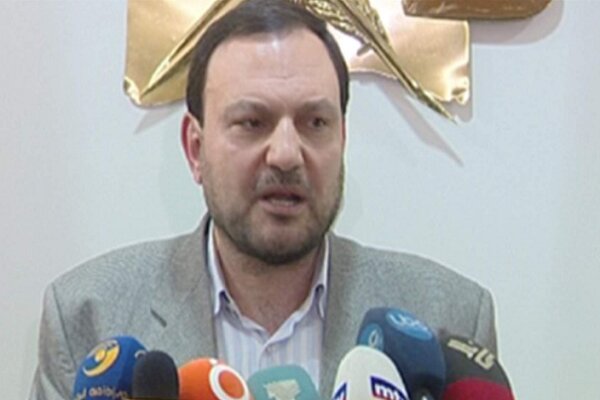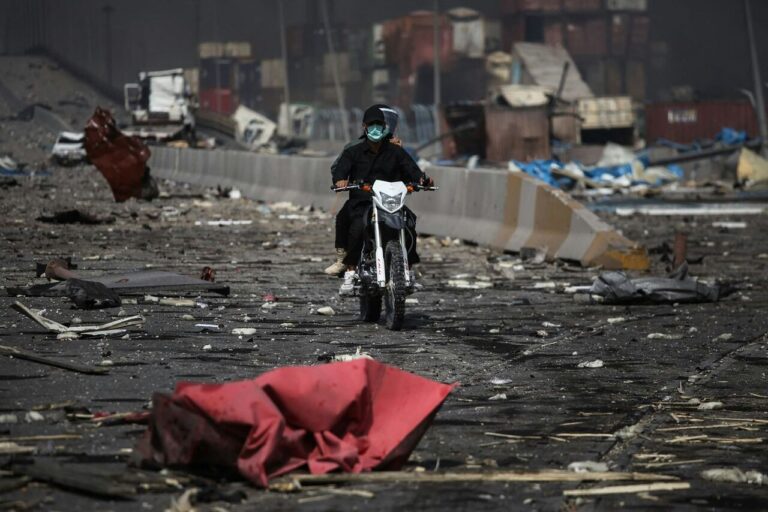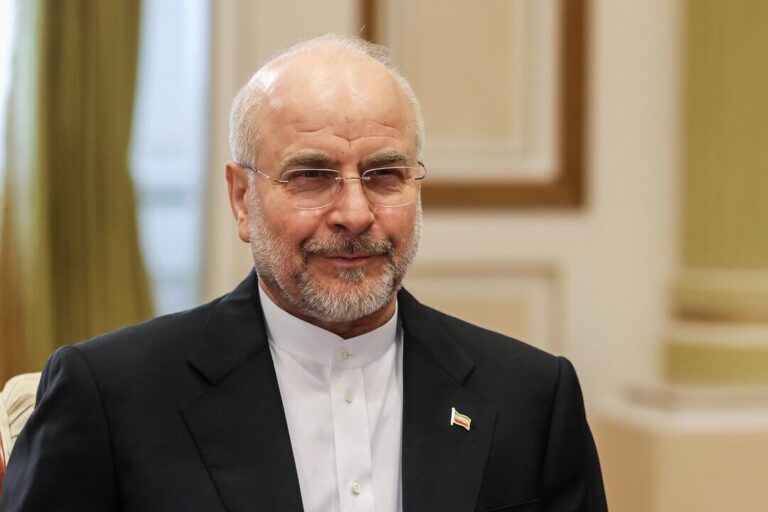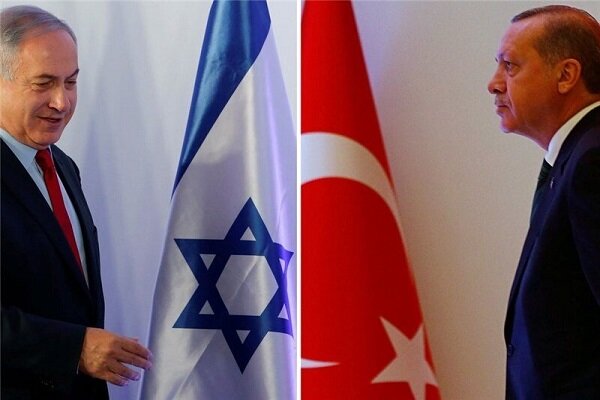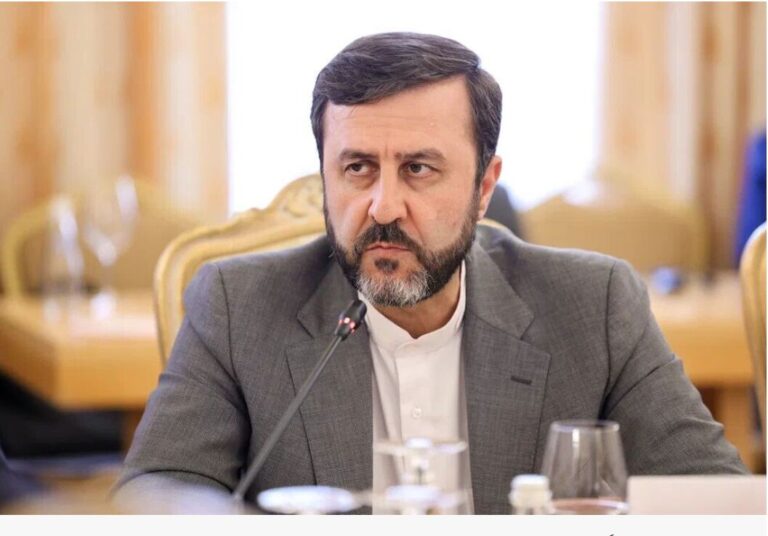Strengthening Lebanon-Iran Ties: A Key to Regional Stability and Prosperity
In a recent development surrounding Lebanon’s aviation policies, Ghaleb Abu Zeinab, a prominent member of the Hezbollah Politburo, criticized the Lebanese government’s decision to temporarily ban Iranian planes from landing at Beirut-Rafic Hariri International Airport. This decision has sparked significant protests, highlighting the strong sentiments and complex relationships between Lebanon, Iran, and the United States.
During an interview with al-Manar’s TV channel, Abu Zeinab stated, “The Lebanese government’s stance on what happened at the airport in Beirut following the refusal of an Iranian plane carrying Lebanese passengers to land was not correct and promising.” He further emphasized the importance of maintaining strong ties with Iran, saying, “It is in Lebanon’s interest that its relations with Iran are at their best.” Abu Zeinab urged Prime Minister Nawaf Salam to pursue a balanced approach in international relations, advocating for a stance that does not yield to U.S. pressures.
Following the Lebanese Directorate General of Civil Aviation’s announcement on Thursday, which indicated a “temporary rescheduling” of some flights from Iran until February 18 due to “additional security measures,” tensions escalated. Many Lebanese citizens took to the streets, blocking access to the Beirut airport and setting tires ablaze in protest against the government’s decision.
In response to the protests, the Lebanese authorities initiated efforts to repatriate Lebanese citizens stranded in Iran. Two planes from Middle East Airlines were dispatched to facilitate the evacuation. However, complications arose when Iran did not permit the Lebanese aircraft to land, complicating the situation further. Lebanon’s Foreign Minister, Joe Raggi, communicated with Lebanese broadcaster al-Jadeed, stating that his ministry was actively working to resolve the issue with its Iranian counterpart.
Iran’s Ambassador to Lebanon, Mojtaba Amani, addressed the situation in a televised interview, confirming Tehran’s commitment to restoring flights between the two nations. He mentioned that the Lebanese government had requested alternative arrangements for the evacuation of stranded citizens. “Tehran could agree to the Middle East Airlines evacuation flights on the condition that they (Lebanese authorities) don’t block Iranian flights,” Amani stated.
The escalating situation has not occurred in isolation, as it coincides with heightened tensions involving Israel. Israel has issued threats regarding Iranian planes landing in Lebanon, further complicating the regional dynamics. Iranian Foreign Ministry spokesman Esmaeil Baghaei condemned these actions, claiming that “The threat by the Zionist regime to a passenger plane carrying Lebanese citizens has disrupted normal flights to Beirut airport.” He criticized Israel for its “gross and continuous violations of the principles and rules of international law and violations of Lebanon’s national sovereignty.”
In September, Lebanon’s Transport Ministry had already taken a significant step by ordering an Iranian aircraft not to enter its airspace following warnings from Israel that it would use “force” if the aircraft attempted to land. This incident underscores the delicate balance Lebanon must maintain as it navigates relationships with both Iran and Israel, while also considering the influence of the United States.
As tensions continue to rise, it remains crucial for the Lebanese government to address the concerns of its citizens while managing its international relationships. The protests at the airport are a clear indicator of public sentiment regarding the government’s actions and its implications for Lebanon’s sovereignty and diplomatic relations.
- Lebanon’s government faces backlash for banning Iranian flights.
- Hezbollah official calls for balanced relations with Iran and the U.S.
- Protests erupt as citizens block roads to Beirut airport.
- Lebanon attempts to repatriate stranded citizens from Iran.
- Iran refuses Lebanese planes to land, complicating evacuation efforts.
- Israel’s threats further strain regional tensions.
The ongoing situation reflects the complexities of Lebanon’s geopolitical landscape, as it grapples with internal dissent and external pressures. As the Lebanese government navigates these challenges, the outcome will likely shape the future of its international relations, particularly with Iran and the United States.
